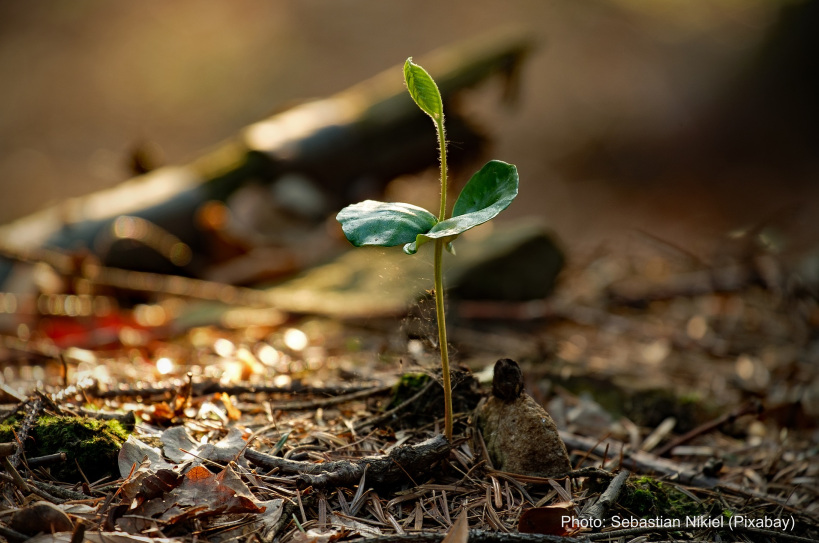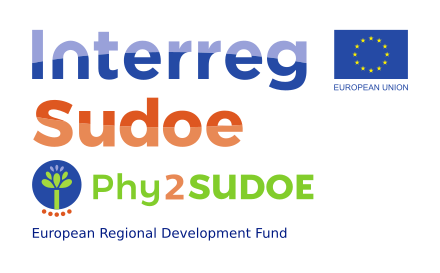
27 Jan Start of the Phy2SUDOE project for soil improvement through phytoremediation
Phy2SUDOE will try to find solutions to recover contaminated sites in southern Europe (Spain, France and Portugal) by using phytomanagement strategies. Phytomanagement is a technology that uses plants to create value-added products – such as wood, resin, bioenergy, essential oils or ecocatalysts – and ecosystem services – such as carbon sequestration, erosion control or maintenance of biodiversity – while remediating a contaminated soil.
Phytomanagement aims to be an alternative to traditional technologies for the remediation of contaminated soils, which are generally based on physical-chemical techniques that are costly and often have a negative impact on the ecosystem. For this reason, in recent decades the use of biological technologies to remediate contaminated soils is being promoted, since they are cheaper and more respectful of the integrity of the ecosystem.
The importance of soil
Soil is a natural resource that performs key functions for our survival and well-being, such as the production of food, fiber and fuel; the decomposition of organic matter; the recycling of nutrients; the purification of water; the sequestration of carbon; the maintenance of biodiversity, etc. That is why several of the Sustainable Development Goals adopted by the United Nations (UN) General Assembly in its Agenda 2030 for Sustainable Development are linked, directly or indirectly, to soil protection.
As a consequence of past human activities that were not very respectful to the environment, we currently have a high number of degraded sites due to the presence of contaminated soils, which prevents or limits their possible use for agricultural and forestry production, the creation of public parks, the establishment of new industrial activities, etc.
Phy2SUDOE project
Phy2SUDOE is a continuation of the PhytoSUDOE project, in which a network of 8 phytomanaged sites in southern Europe was created. Phy2SUDOE aims to consolidate this network; to extend the network with 7 additional sites with different contaminants and innovative phytomanagement strategies; and to promote the conservation of the endemic biodiversity present in mining sites contaminated with metals.
A novel aspect of Phy2SUDOE is the presence of partners from very different institutions: in addition to universities and R&D centers, companies, administrations and site managers participate in this project, which facilitates the link between the creation of solutions and management strategies.

